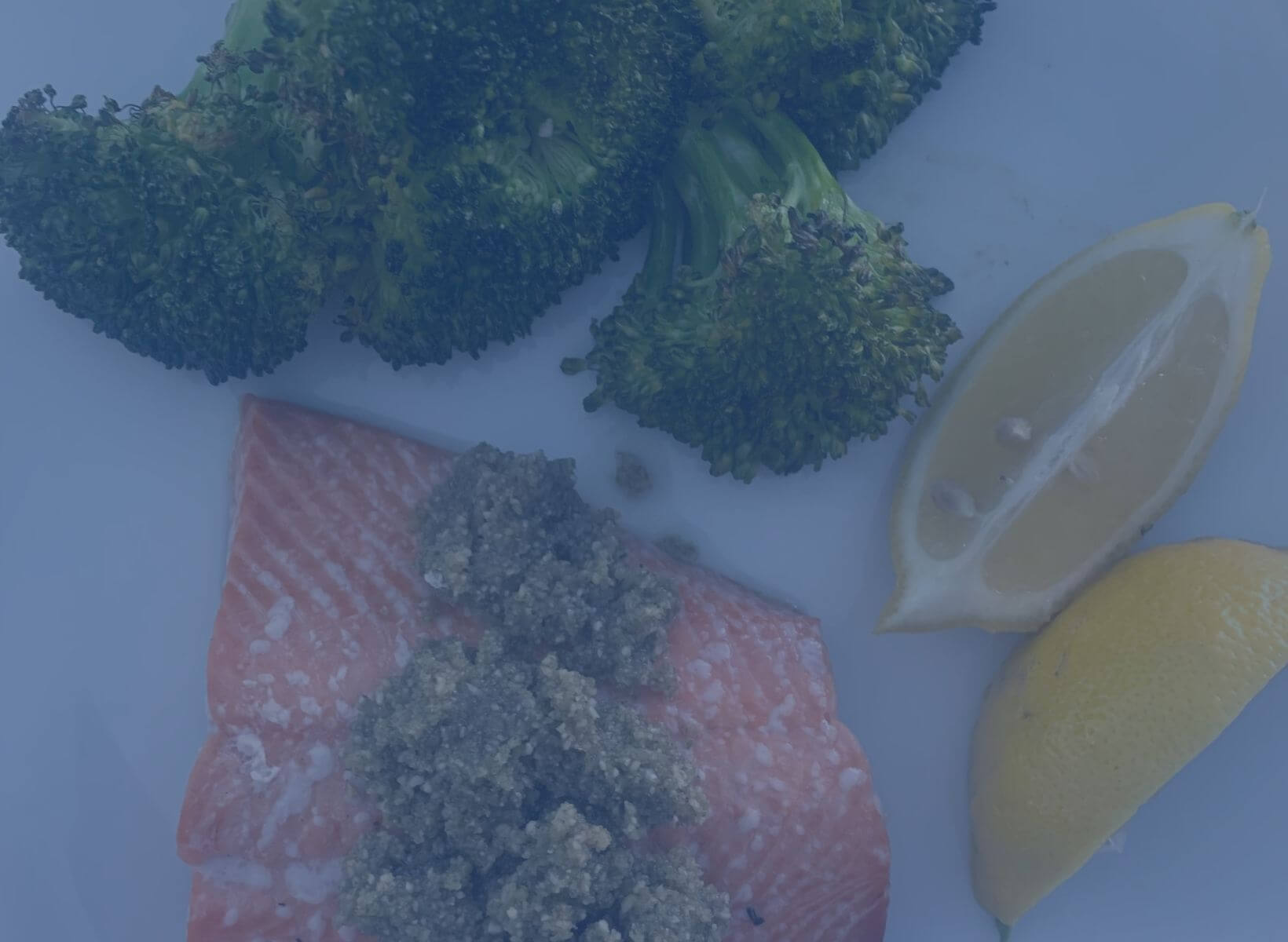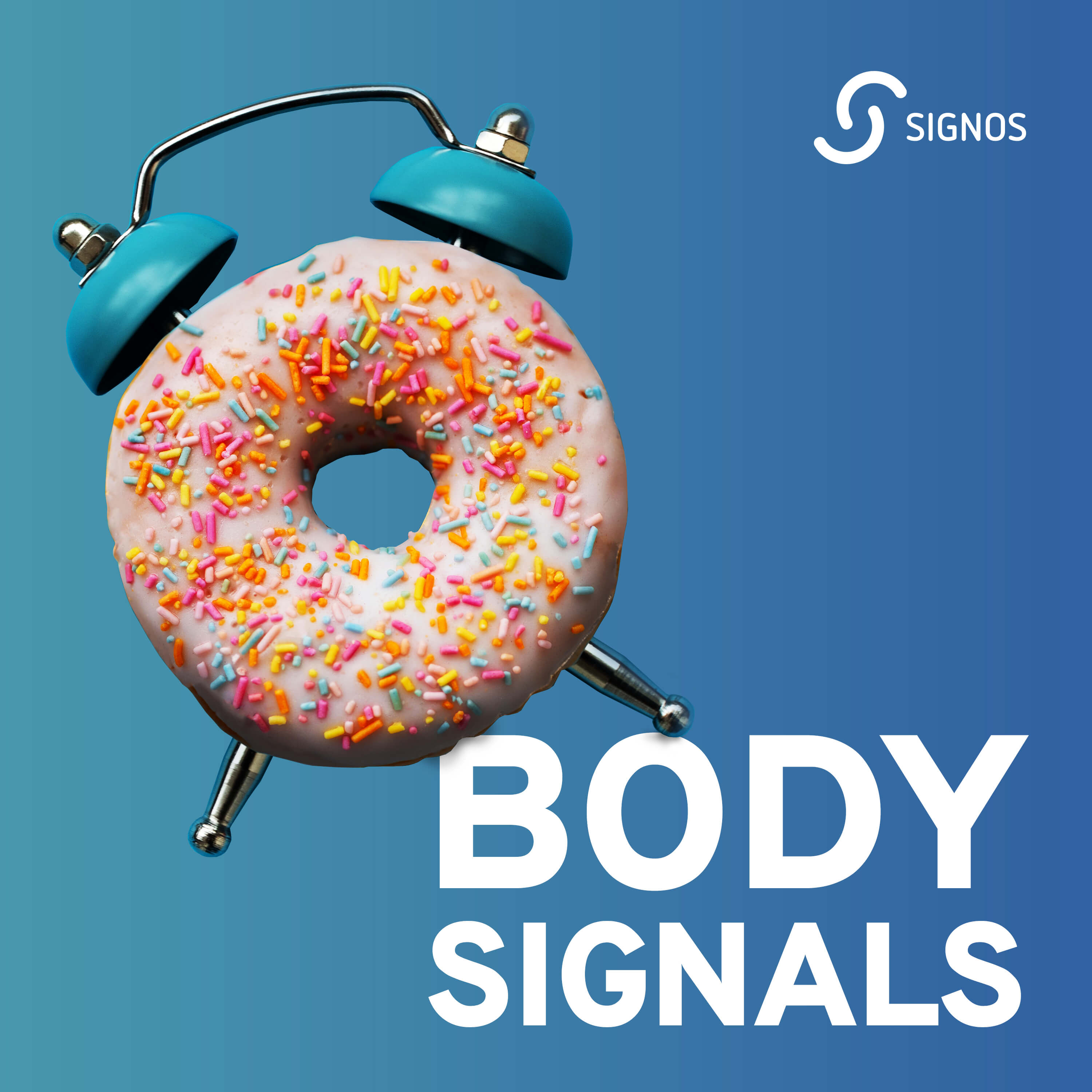If you’re looking to improve your health and lose weight, it’s widely agreed upon that drinking alcohol will not help you get there. While alcohol has had its place in many cultures throughout centuries, it has clearly been shown to have a negative impact on the body when it’s consumed too often.1
If you do choose to drink alcohol, there are certain choices that are better than others. In this article, we’ll highlight better-for-you options when it comes to alcohol so you can make the best choice for yourself and stay on track with your health goals.
{{mid-cta}}
How Alcohol Affects The Body
To understand which alcoholic drinks are the healthiest, let’s look at how alcohol is metabolized in the body.
After alcohol is swallowed, it is absorbed from the stomach and small intestine into the bloodstream. From there, it is carried to the liver, where it is broken down by enzymes called alcohol dehydrogenase (ADH), aldehyde dehydrogenase (ALDH), and cytochrome P450. The first step in the metabolism of alcohol produces a more toxic compound called acetaldehyde, which can contribute to tissue damage. Acetaldehyde is then quickly metabolized to acetate in the mitochondria of the hepatocytes (or liver cells).2
When blood alcohol levels are high (because the amount of alcohol consumed is faster than the liver can break it down), alcohol can diffuse across membranes and various tissues outside the liver and impact normal cell functioning. Alcohol metabolism also produces free radicals in the body, which can cause cellular damage and trigger inflammation. Antioxidants are utilized to stabilize free radicals, so the consumption of alcohol can deplete the body of antioxidants.2
While many tissues in the body can be affected by alcohol, the liver carries the team when it comes to metabolizing alcohol. Excess alcohol consumption can cause fatty liver, which leads to inflammation, fibrosis, and ultimately cirrhosis. This is particularly important because the liver is also responsible for metabolizing sugar. Therefore, beverages that contain both alcohol and high amounts of sugar will be overly taxing on your liver and can lead to weight gain and other health concerns.
<div class="pro-tip"><strong>Also Read: </strong><a href=fatty-liver-reversal>Is Fatty Liver Reversal Possible? Here’s How You Can Do It</a></a>.</div>
The Top 10 Healthiest Alcohol Drinks

While alcohol doesn’t necessarily support health and weight loss, when it comes to drinking, there are options that can have less of an impact on your body and may even offer some potential health benefits. Below are the healthiest types of alcoholic beverages:
1. Red Wine
Red wine has been shown to contain several phytonutrients like resveratrol, catechin, epicatechin, quercetin, and anthocyanin, which may support heart health, among other health benefits. Moderate consumption (up to one drink per day for women and up to two drinks per day for men) of red wine has been associated with improved cholesterol levels, increased insulin sensitivity, lower blood sugar, and a reduced risk of coronary heart disease.3
2. White Wine
White wines have been found to contain less overall phytonutrients than their red counterparts, but they have still been shown to have antioxidant and anti-inflammatory effects in the body. Additionally, white wines typically have a lower alcohol content than red wines, so they may ultimately be less taxing on your liver.4
3. Champagne
Champagne and sparkling wines are not only low-calorie but also contain phytonutrients called polyphenols that may offer numerous health benefits. One study found that moderate consumption of champagne increased vascular flexibility and was associated with a reduced risk of neurodegenerative disease.5
4. Spritzer
Try mixing your favorite white wine with club soda or soda water. This will dilute the alcohol without any added sugars and make it easier for your body to metabolize.
5. Clear Liquor On The Rocks
Mixed drinks tend to be high in sugar, so keep it simple. Clear liquors like vodka & tequila are generally lower in sugar and calories than darker liquors. With a drink on the rocks, you’ll taste the alcohol, which can help keep you mindful about how much you’re drinking.
6. Vodka Soda
Using a zero-calorie mixer, like club soda, with your vodka of choice is a good way to minimize your sugar intake. Squeeze in some lemons or limes for added Vitamin C.
7. Tequila Soda
Blanco tequilas mix well with sparkling water and are low in carbs. Avoid “reposado” tequilas as they are aged similar to whiskeys and have a higher sugar content.
8. Gin & Soda
While tonic is usually the mixer of choice for gin, tonic is much higher in sugar than club soda. This version is just as bubbly without all the calories or carbohydrates.
9. Dirty Martini With Extra Olives
Martinis can be made in many ways, but opt for the dirty version if you like olives. Olives contain a variety of phytonutrients and monounsaturated fats, which help slow the absorption of alcohol. Additionally, the natural sodium from the olive juice acts as an electrolyte and can help prevent dehydration.
10. Light Beer
Light beers typically have a calorie count of 100kcal and contain less than 5g of carbs, so they are your best bet if you’re a beer drinker.
The Health Risks Of Drinking Alcohol Regularly
Although it can be nice to enjoy an occasional drink socially, the health risks of alcohol cannot be overlooked. Excessive alcohol use has been associated with all of the following health concerns:
- High Blood Pressure: In both men and women, excessive alcohol use has been associated with high blood pressure.6
- Liver Disease: Alcohol directly impacts the liver, and overuse can lead to fatty liver and cirrhosis. Interestingly, studies have shown that women are more at risk than men for alcohol-induced liver disease.6
- Cancer: Alcohol is highly correlated with multiple types of cancer, including esophageal, stomach, and breast cancers.6
- Mental Health Conditions: Alcohol abuse and dependency increases the risk of cognitive impairment and also increases the risk for mood and anxiety disorders.6
4 Tips for Drinking Healthier

For those who choose to drink, there are certain things you can do to help reduce the impact and help support your body’s natural detoxification pathways. See our top tips below for ways to drink healthier:
- Don’t Drink on an Empty Stomach
Always pair alcohol with food. This will help slow the absorption of alcohol and reduce the load on your liver. Additionally, certain phytonutrients like resveratrol (found in wine) are absorbed more readily with food.
- Stay Hydrated
Dehydration impacts every organ in your body and can make a hangover worse. It’s easy to forget to drink water when you’re focused on drinking alcohol, so plan ahead and set reminders for yourself. Make water your first drink, and try having a glass of water between drinks.
- Avoid Sugary Drinks and Desserts
Your liver is responsible for metabolizing both alcohol and sugar, so it’s best to avoid having these together. Avoid sweet cocktails, and if you decide to drink, skip dessert.
- Get The Right Nutrients
Your liver requires a variety of nutrients to effectively metabolize toxins like alcohol. Make sure your diet is high in antioxidants, Vitamins A, B, C, and E, magnesium, and choline, and you’re getting adequate protein and fiber to support your body’s natural detoxification processes.
Learn More About Nutrition and Healthy Eating With Signos’ Expert Advice.
Signos incorporates cutting-edge research and the proven power of continuous glucose monitoring to help you lose weight and improve your health. Not sure if Signos is right for you? Take this quiz to find out! Interested in learning more about nutrition and healthy eating habits? Check out more articles on our blog.
<div class="pro-tip"><strong>Learn More: </strong><a href=non-alcoholic-healthy-drinks>8 Healthy & Delicious Non-alcoholic Drinks You Should Try</a>.</div>
- Item 1
- Item 2
- item 3
Topics discussed in this article:
References
- https://www.ncbi.nlm.nih.gov/pmc/articles/PMC9637453/
- https://www.ncbi.nlm.nih.gov/pmc/articles/PMC6527027/
- https://www.ncbi.nlm.nih.gov/pmc/articles/PMC6804046/
- https://pubs.acs.org/doi/10.1021/jf200544r
- https://www.researchgate.net/publication/223205458_Potential_Health_Effects_of_Champagne_Wine_Consumption
- https://www.ncbi.nlm.nih.gov/pmc/articles/PMC6713002/
































